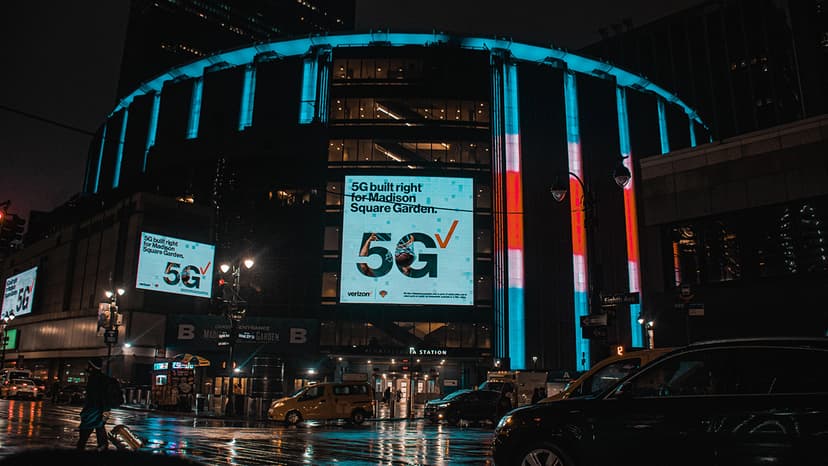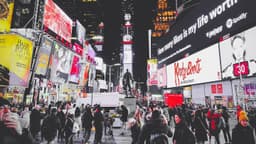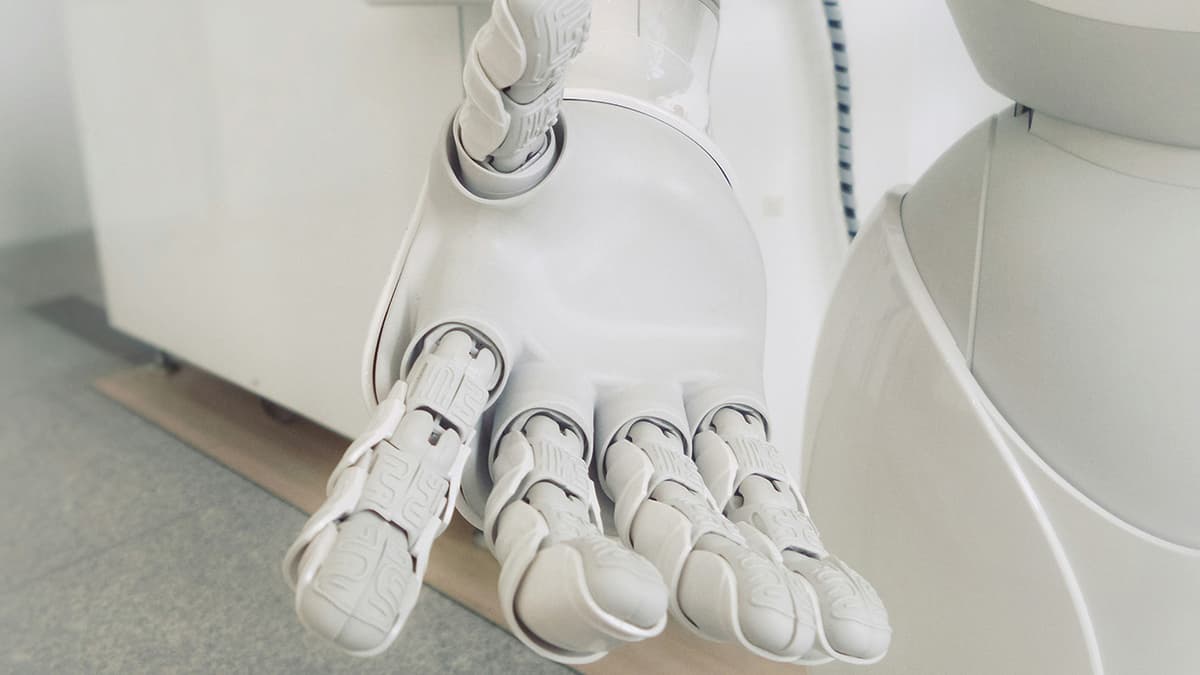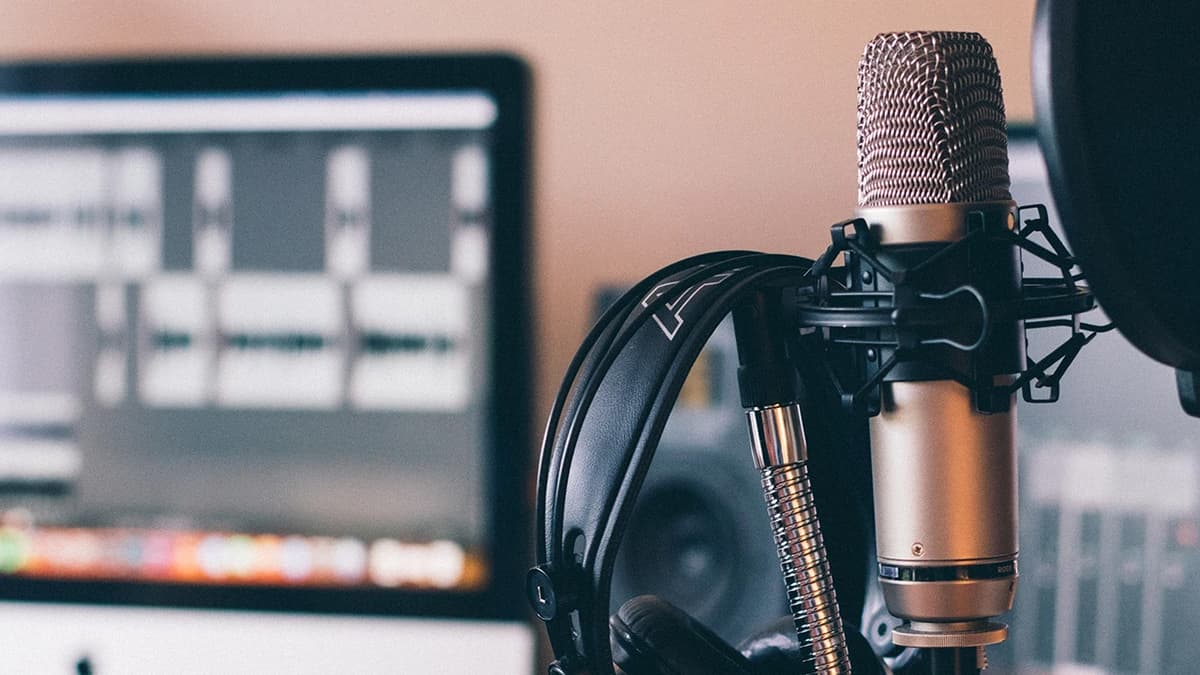Navigating the H1B Lottery: Frequency and Process
The H1B visa program offers a pathway for skilled workers from around the world to work in the United States. This visa is particularly sought after in fields like technology, science, and engineering.
H1B Visa and the Lottery System
The H1B visa is a non-immigrant visa that enables U.S. companies to hire graduate-level workers in specialty occupations. Many companies rely on this visa to bring in talent from abroad.
The program involves a lottery system. The demand for H1B visas often outweighs the available number, leading the United States Citizenship and Immigration Services (USCIS) to implement a lottery for selecting applicants.
Once a Year, Every Year
The H1B lottery occurs once a year. USCIS begins accepting applications on the first business day of April. This period is filled with anticipation for both applicants and employers.
The Cap: Why There's a Lottery
The annual limit on H1B visas, known as 'the cap,' is set by Congress. Currently, the cap is 85,000 visas: 65,000 for applicants with a bachelor's degree and 20,000 for those with a U.S. master's degree or higher.
Due to overwhelming demand, USCIS receives far more applications than the cap allows. This leads to the necessity of the lottery.
The Selection Process
To ensure fairness, USCIS employs a random selection process. The lottery is a computer-generated system that selects the petitions eligible for consideration. Selected applicants then undergo a detailed review of their credentials and eligibility.
What If You Don’t Make It?
If a petition is not selected, USCIS returns the petition along with the filing fees, except in cases of multiple filings for the same beneficiary. Not being chosen can be disappointing, but many candidates choose to apply again the following year. Each lottery offers a new opportunity.
Making Sense of the Odds
The odds of being selected can vary annually, depending on the number of applications. In some cases, the chances have been as competitive as 1 in 3. While these odds may seem challenging, they reflect the high demand for H1B visas.
Preparation is Key
With the lottery occurring once a year, proper preparation is vital. Applicants should prepare their materials well in advance. All applications must be accurate and meet the necessary requirements. Missing the chance to apply or facing rejection due to errors means waiting another year for the next lottery.
Alternatives to H1B
For those not selected, alternative visas might be available. Options include the L1 visa for intra-company transfers and the O-1 visa for individuals with extraordinary ability. Each of these alternatives has unique criteria and application processes.
Looking to the Future
The H1B program continues to be discussed and debated. Although the lottery system remains stable, staying informed about any changes is crucial for those involved in the process. The H1B lottery is an annual event filled with uncertainty, so understanding the timeline and procedures can help in planning effectively.












